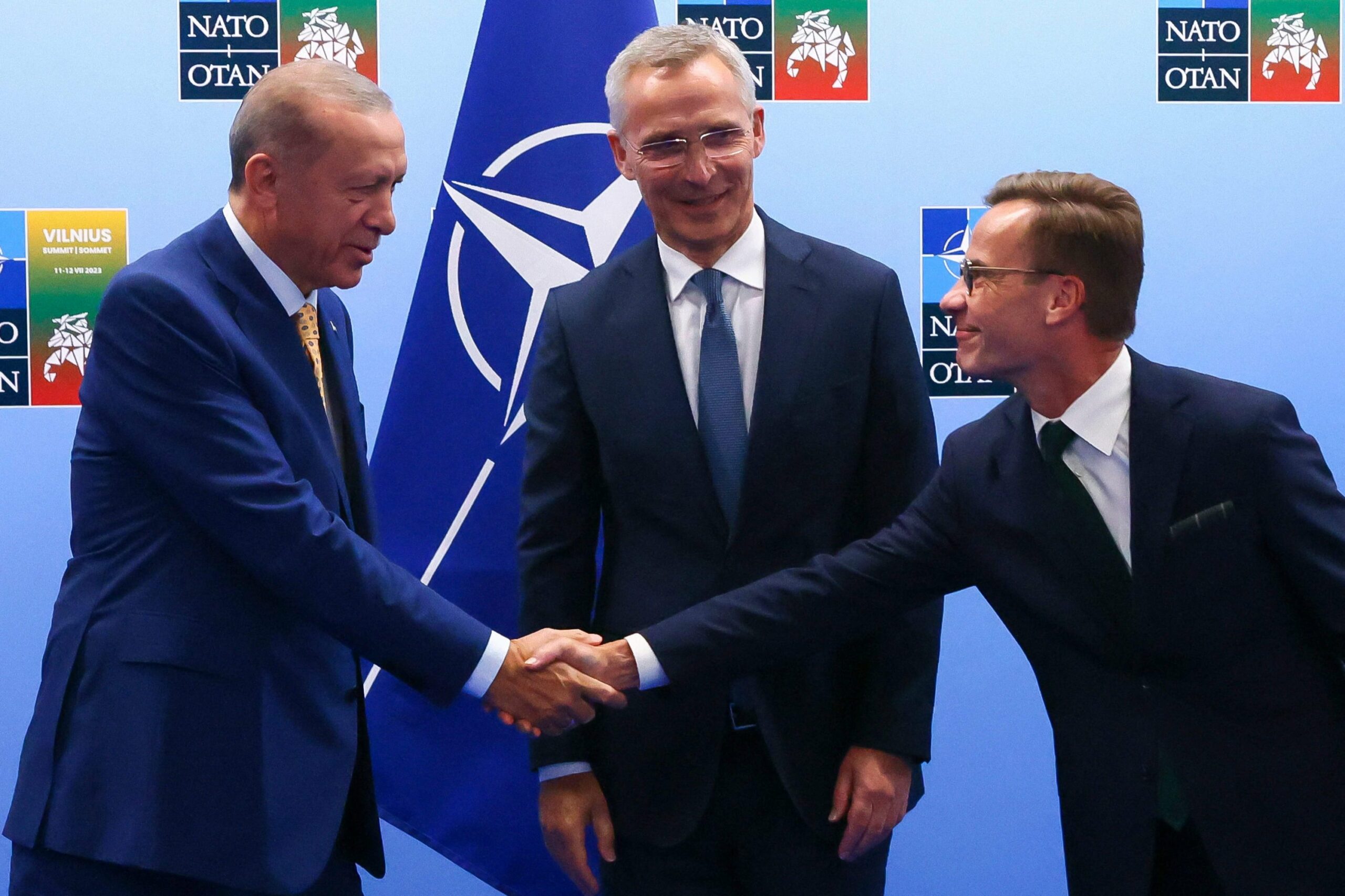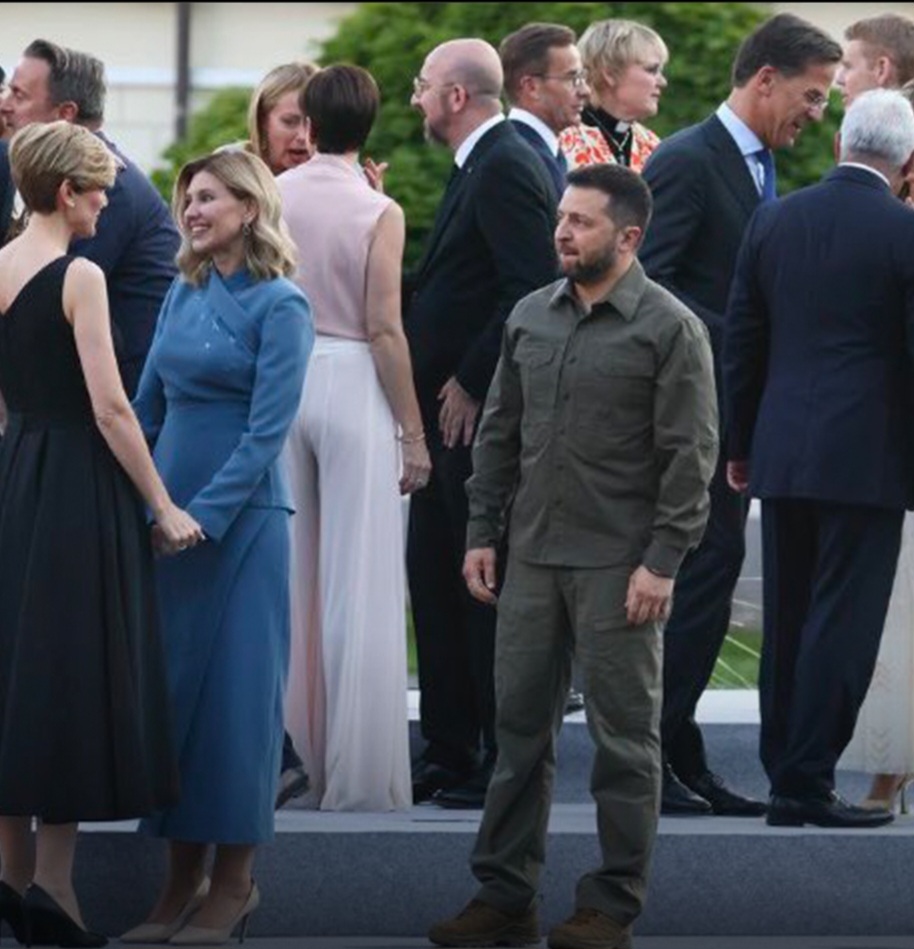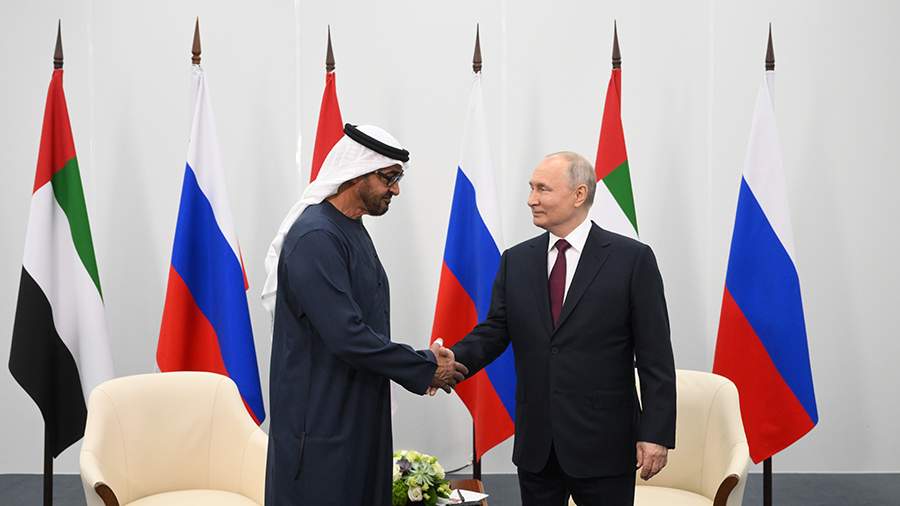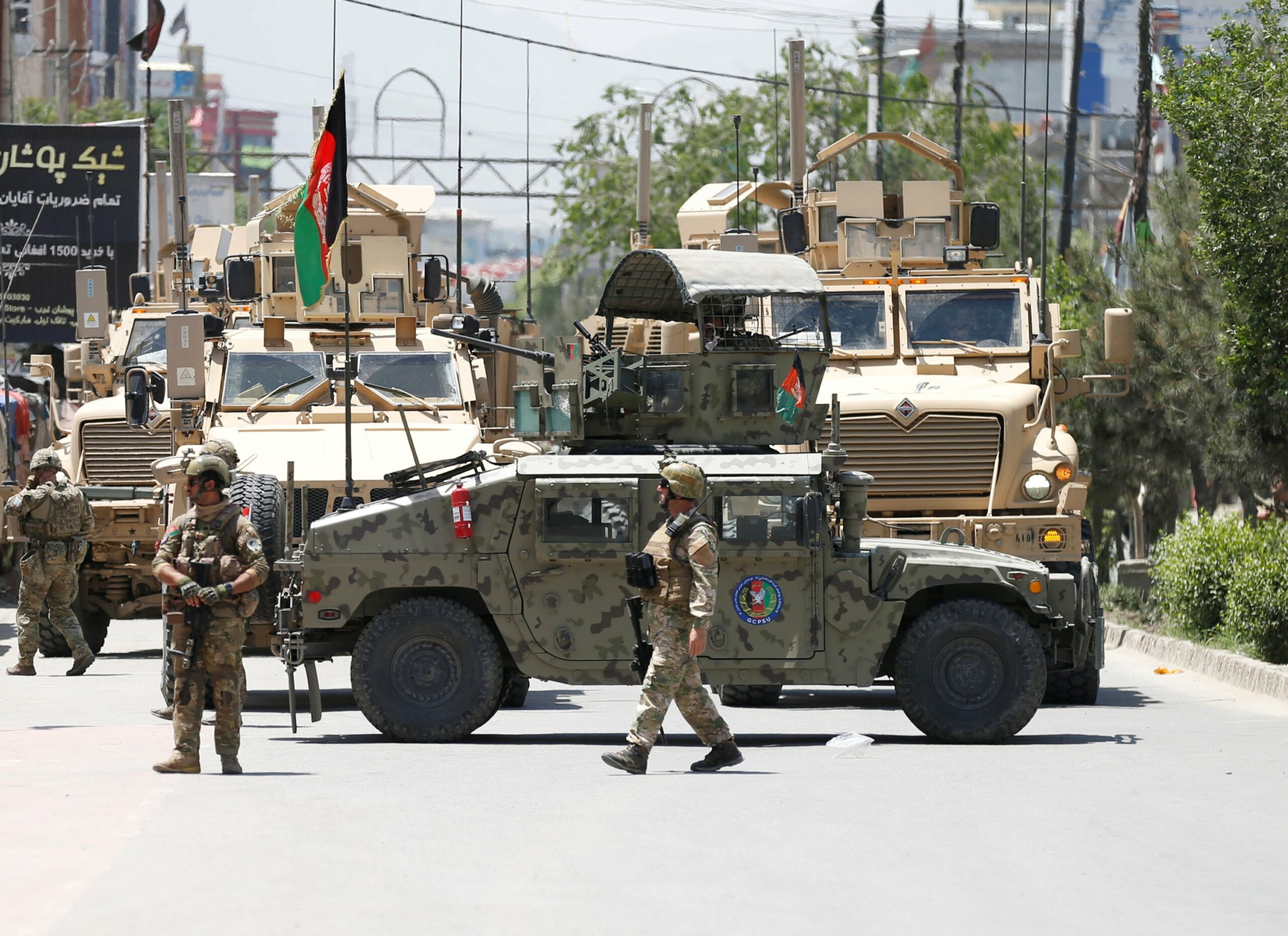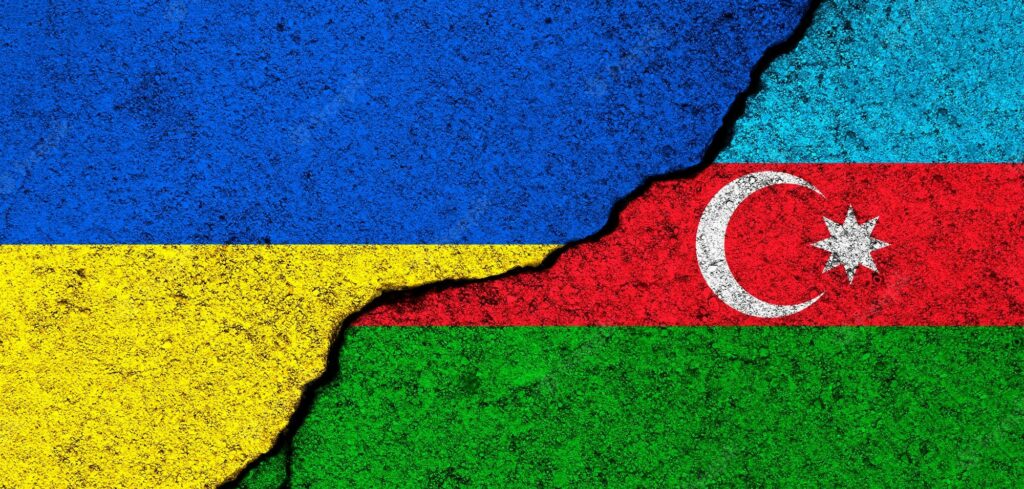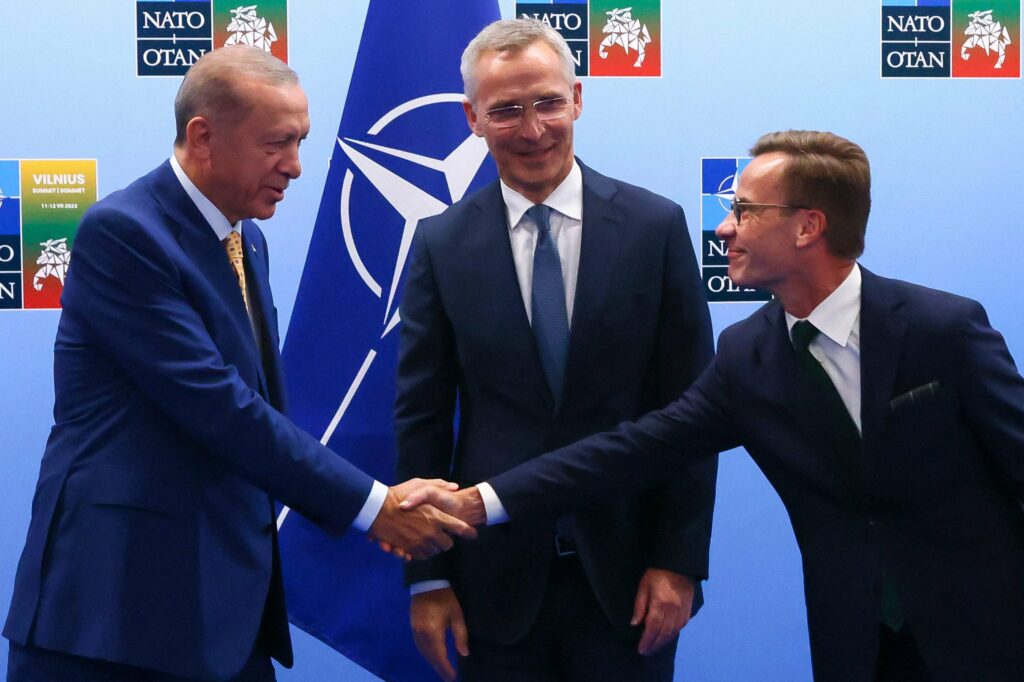
The NATO Summit held in Vilnius, Lithuania, last week was mostly about Ukraine’s joining the club. As a result, and a new NATO-Ukraine Council was established to help boost cooperation.
However, there is one more important aspect on the Summit results that deserves attention is the role of Turkish President Recep Tayyip Erdogan, who gave the green light to Sweden to join NATO.
Fresh and full of energy after the re-election, Erdogan seemed to meet everyone and be everywhere during the Summit and demonstrated his strong commitment to further collaboration with the West.
To the surprise of many, the Turkish leader, after years of blocking the Sweden’s efforts to get a NATO membership, this finally shook a hand of his Swedish counterpart. Certainly, Erdogan got a decent reward for his decision – hours after his vote for Sweden’s joining NATO the U.S. approved a supply of F-16 fighter jets delivered to Turkey.
For the first time since entering the White House, U.S. President Joe Biden also met his Turkish counterpart. Despite the relations of the two countries has been frosty recently due to Erdogan’s sharp comments towards the U.S., the European Union and the Western values in general, this time the Turkish leader seemed to have chosen the right tone to break the ice and described his American counterpart as “my dear friend” when giving his comments to the media.
But with the surprise comes some disappointment, too. Some experts believe, Erdogan showed that he was buckling under the West’s pressure. Before the summit, the entire Islamic world looked at him as the leader of Great Turkey with a stern stance to the Islamic values. But in fact, he changed his mind about Sweden and went along with it. The Turkish people were proud of their President for his steadfastness, character and ability to keep his word, but in fact he once again has shown he does not live up to expectations.
Playing different cards with opposing sides has become a signature of the Erdogan’s policy. However, changing mind and sides often results with ending up with nothing.

